What is more important for a successful morning show in terms of programming benchmarks and major promotions? Creative innovation or logical reinvention?
Stretching your creativity is good and fun. On the other side: it also seems like successful morning shows are driven by time-tested and carefully programmed benchmarks & promotions. Should we creatively innovate or consistently reinvent? It was an interesting question in a Lokalrundfunktage 2012 session about how to build a morning show.
“Imagination will take you everywhere”
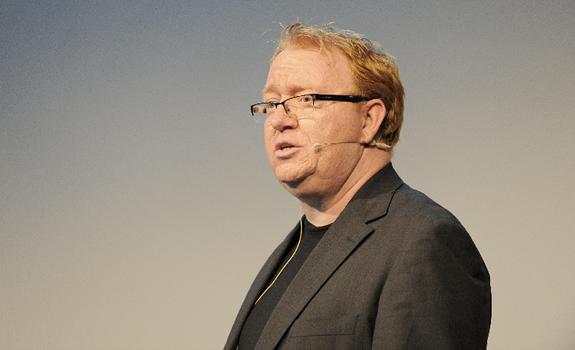
Media consultant Nik Goodman quotes Albert Einstein in a plea for more creative radio (photo: Lokalrundfunktage)
Promote your morning show
Media consultant Nik Goodman discussed the production of morning shows from a British perspective. He’s involved in radio for a quarter of a century, from being a DJ to becoming Executive Producer at KISS, Music Director for Virgin Radio (which is now Absolute Radio), Program Director of Capital FM and eventually a consultant. He currently operates Bounce, an agency focused on creativity in music, sound and content. “You’ve got to get your morning show right and market it well“, Goodman says, mentioning that UK stations invest a lot in developing and promoting a competitive radio show in this all-important time slot.
Archive best content online
While London’s #1 Hit Music Station is pushing Capital Breakfast with Dave Berry & Lisa Snowdon on TV (above), Urban CHR competitor KISS promotes Rickie, Melvin & Charlie In The Morning with a daily morning show epilogue online. Every afternoon, they post a daily best-of morning show video online. This Breakfast Takeaway is uploaded to the KISS FM UK YouTube channel:
Implement morning show fundamentals
Nik Goodman shares 7 success factors for morning shows. As it’s always good to be reminded of radio programming essentials for your ratings-boosting daypart, here’s what makes a good breakfast show:
 1. Target
1. Target
“If you don’t know who you’re talking to, then what are you doing at all?” Radio personalities should spend time with the audience: “Get to know them; hang out with the target. It helps you when you’re developing content for the show.” KISS FM UK knows its listeners well. Check out KISS Confidential with Urban CHR audience typologies, aimed at UK media buyers. KISS does also ‘mini focus group’ video interviews with listeners on the street (photo).
2. Roles
It is essential to know what your role is in the morning show. This is not to be confused with personality, by the way: “The role is what you do on the show, the character is who you are”, Nik Goodman explains. It should be clearly defined who is the main personality or who are the main personalities, and who are the secondary ones – they are also very important.
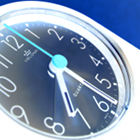 3. Content
3. Content
Every morning show should get the basics right – be topical, local, relatable, entertaining, and informative. You should also spread your best content over the entire show: “Don’t stick between 7:30 to 8:00 o’clock, because you think that everyone is listening there. Think about the person tuning in at 6:05 in the morning as well; they want to hear something good.”
4. Benchmarks
Benchmarks are obviously important for a morning show. Apart from the entertainment value and the possibility to let the audience relate to personalities, they are like an appointment with the audience and create a listener habit (if programmed consistently). As Goodman says: “Get your listeners addicted to your show with sticky content”.
 5. Preparation
5. Preparation
“A lot of shows just walk in every morning and say: right, what do we talk about today? It’s not good enough.” He points out that you really need to prep radio show content well and have regular team meetings, too. Preparation also means: being prepped to drop everything. Sometimes all your show prep will go “out of the window” if something big happens that you can’t ignore.
6. Interactivity
Make sure you think about how to interact with your audience – before you start doing so. “Otherwise you’ll end up with loads of content that you can’t use”, Nik Goodman knows. His advice is to coach phone-in participants as well, so that the callers know what they need to do when they get on the radio. It will result in a better conversation and interaction.
![www.radioiloveit.com | Seth Godin's 'Purple Cow' is a marketing book about getting noticed by standing out [click to see this on Amazon.com] Purple Cow, Seth Godin, book cover](http://www.radioiloveit.com/wp-content/uploads/purple-cow-seth-godin-book-cover.png) 7. Uniqueness
7. Uniqueness
“Stand out from the crowd!”, the consultant says passionately. He’s using Seth Godin’s Purple Cow [book] as a metaphor: “In a field full of brown cows, it’s the purple one that stands out. Challenge yourself and do something different. Excite the listeners. We are in the entertainment business in morning show radio. So go entertain people, it’s fun!”
Use imagination for innovation
In Goodman’s opinion, it basically all boils down to creativity: “Those sparks of ideas where you go: that will make a fantastic piece of radio.” In closing, he quotes Einstein who said: “Logic will get you from A to B, imagination will take you everywhere.” As true as this is, it seems that you’ll also get far by innovating a bit – not too much. Never change a winning team is a famous saying, and the same goes for successful radio formats, we’ll learn now from another German.
“Every innovation is only as good as
what we get from it in the long term”
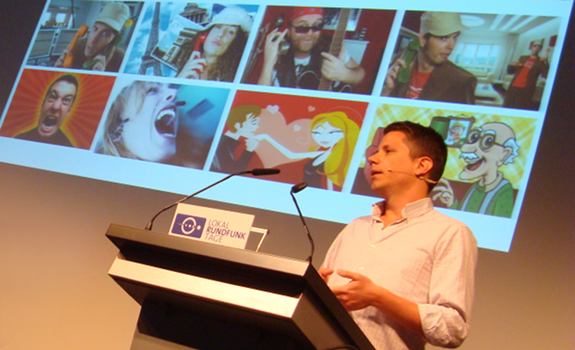
For Marc Haberland of 104.6 RTL, successful radio is more about reinvention than innovation (photo: Thomas Giger)
Build long-term successful formats
Marc Haberland is Editor in Chief and Deputy Program Director of 104.6 RTL in Germany’s most competitive radio market. The station is positioned as Berlins Hitradio (Berlin’s hit music station), a CHR image for a Hot AC format. Its success is based on good, consistent marketing and a popular, heritage morning show called Arno und die Morgencrew (Arno and The Morning Crew). On air since 1991 and always positioned as Berlins lustigste Morgensendung (Berlins funniest morning show), PD Arno Müller and a complete team of sidekicks, producers and comedy authors wake up an average of 200.000 listeners an hour every day.
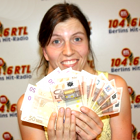 Reproduce success formats regularly
Reproduce success formats regularly
While ‘innovation’ is a popular buzzword in peer talks at radio conventions, at 104.6 RTL they first and foremost practice self-imitation of success-proven concepts. Why? “Every innovation is only as good as what we get from it in the long term”, Haberland explains. “Our goal is finding a successful formula, and reproduce it again and again.” Once a great concept has been found, the challenge is to constantly reinvent it.
Maintain basics, refresh details
Arno zahlt Deine Rechnungen (Arno pays your bills) has been done 9 times already. “Many people say: can’t you think of something new? Yes, we can”, Marc Haberland acknowledges. “But for us, it works.” His advice is to always think of your station’s success factors and reinvent them in a creative way by introducing a different angle or refreshing one particular aspect. 104.6 RTL plans all major promotions for a new ratings measurement period in this way. It is that all-important radio programming lesson of consistency: to achieve long-term success, you have to build a foundation of successful concepts – and stick to them!
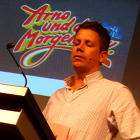 Focus on tomorrow’s show
Focus on tomorrow’s show
His second point is regarding short-term content – what to do in tomorrow’s show? They don’t spend much time evaluating today’s show in their daily meeting at 10 AM, unless something really went wrong and should be done differently in the future. Their focus is the next show. “We need 2-5 minutes to determine what we’ll do tomorrow morning”, Haberland says. “What can take 20, 30 and sometimes 40 minutes, is the question how we’ll do it.”
Think how – not what
He once attended a morning show conference at another big station. His colleagues there spent 20 to 30 minutes to discuss possible topics. “They had compiled a very long list of what-things, and finally said: okay – this is what we do on Monday. Then they left.” In Marc Haberland’s opinion, how you execute something is far more important than what you choose to do. “The how is what positions and differentiates us”. It usually works out well for them. Sometimes they might find out after 20 or 30 minutes that they do have to find something else after all. “If you don’t have a good how, find another what.”
Read also:
- Programming (related articles)
- Morning Shows (related articles)
- Morning Show Strategies For Every Radio Market
Stay tuned, follow us @RadioILOVEIT and click below to share this post:




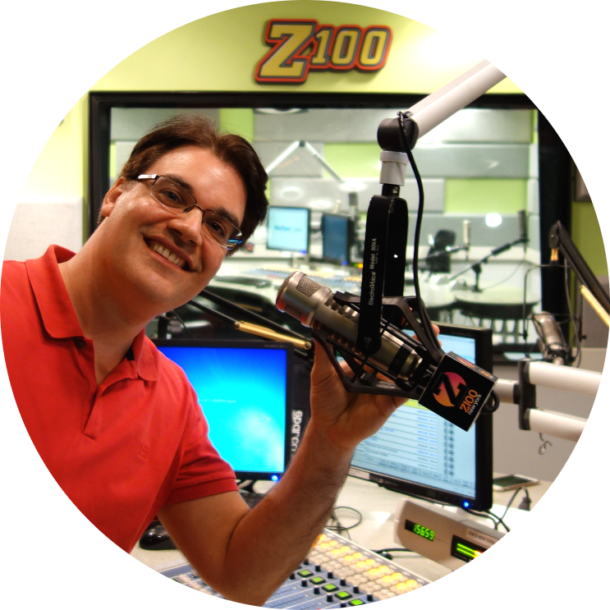
Add Your Comment